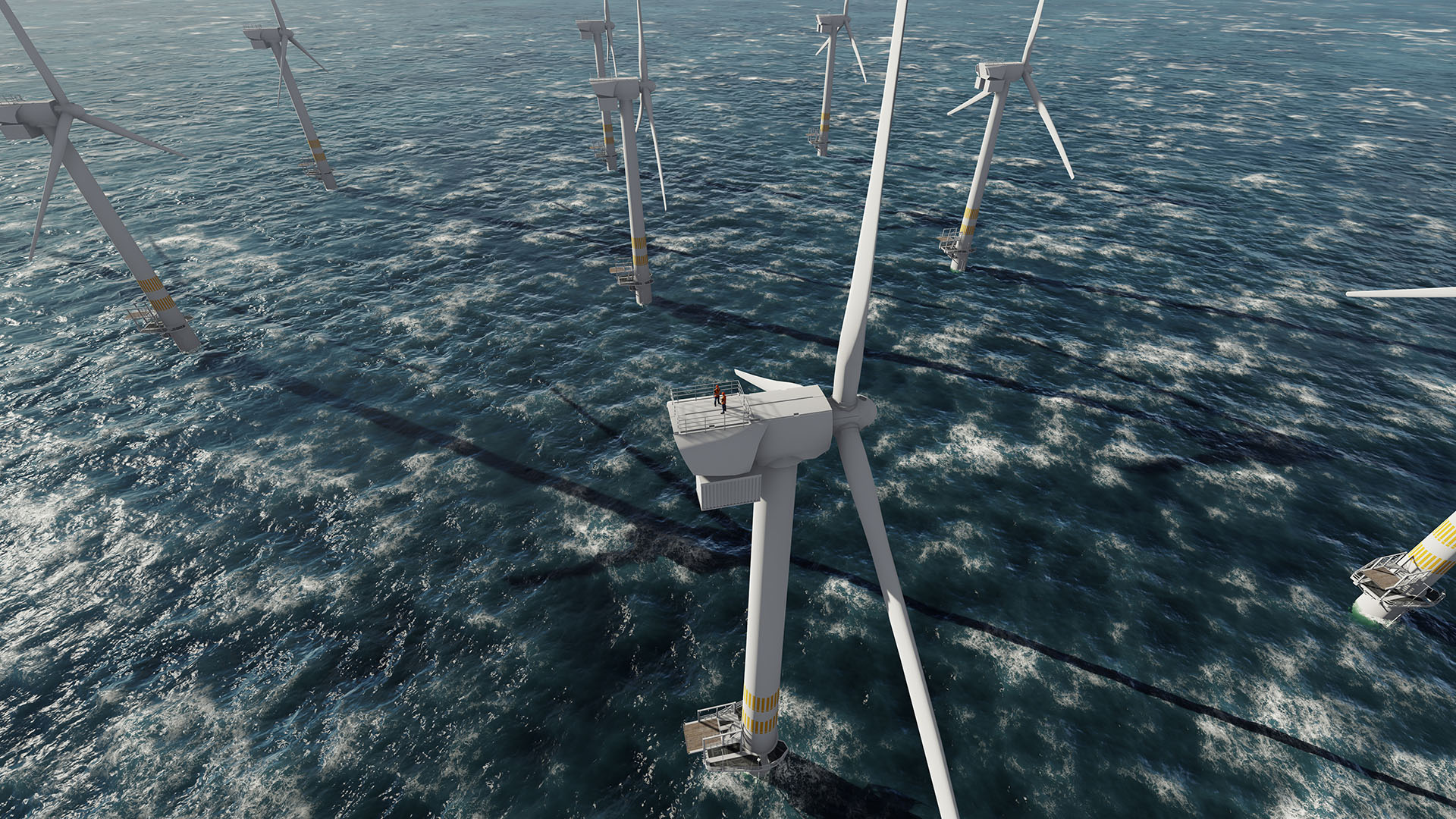
Publication
Legalseas
Our shipping law insights provide legal and market commentary, addressing the key questions and topics of interest to our clients operating in the shipping industry, helping them to effectively manage risk.


Low carbon projects, especially those involving hydrogen and carbon capture and storage (CCS), play a crucial role in the journey towards global decarbonization.
CCS technology captures carbon dioxide (CO₂) emissions from industrial processes and power generation, then either reuses or stores the CO₂ to prevent it from entering the atmosphere. This technology is crucial for decarbonizing hard-to-abate sectors such as steel, cement and chemicals.
Hydrogen projects, particularly those producing low-carbon hydrogen, play a complementary role in this transition. Blue hydrogen, produced from natural gas with CCS technology, and green hydrogen, produced via electrolysis powered by renewable energy sources, offer versatile solutions for reducing emissions across various sectors. These projects support industrial decarbonization, provide low-carbon fuel for transportation, and have the potential to enable the storage of renewable energy.
Together, CCS and hydrogen projects are essential for achieving net-zero emissions targets, fostering innovation, and creating economic opportunities. By advising on key projects employing these technologies, Norton Rose Fulbright is helping to pave the way for a cleaner, more sustainable future.


Publication
Our shipping law insights provide legal and market commentary, addressing the key questions and topics of interest to our clients operating in the shipping industry, helping them to effectively manage risk.
Subscribe and stay up to date with the latest legal news, information and events . . .
© Norton Rose Fulbright LLP 2025